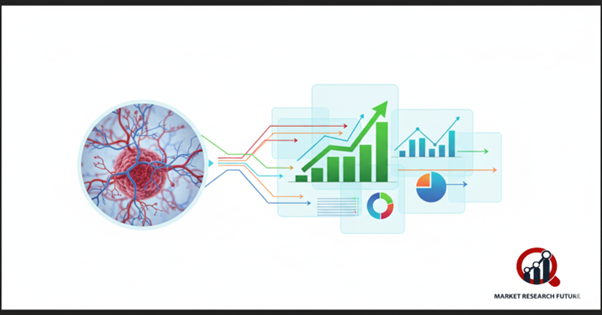Making Sense of the Global Hemangioma Market Trends

A Short Overview of Hemangioma
A hemangioma is a non-cancerous tumor that grows blood vessels in an unusual way. It can cause problems like skin ulcers, infections, or pain, depending on its size and where it is, even though it is not cancerous. Most hemangiomas show up in babies, usually on the face, scalp, or limbs. However, they can also grow inside the body and affect organs or tissues. It can be hard to tell what they are because they can look like red spots or blue masses.
A Look at the Current Market
The global hemangioma market is changing as medical research and imaging technologies improve the accuracy of detection and treatment. More patients are getting timely and accurate care thanks to more awareness and better ways to diagnose problems. Healthcare providers are looking into new treatments that focus on targeted therapies and procedures that are less invasive. This progress has helped patients get better and given us a better understanding of how hemangiomas work.
Problems in the market
The hemangioma market is having trouble moving forward because treatment guidelines are not the same in all areas. Because there aren't any standardized medical protocols, different people often get different kinds of care. This makes it harder for some therapies to become widely used. As a result, the market still wants unified global strategies and clearer recommendations to help both doctors and patients.
New Trends and Ideas
New drugs and biologics have made it easier to treat complex vascular growths. New laser therapy, beta-blocker drugs, and image-guided procedures are changing the way hemangiomas are treated. Pharmaceutical companies are working on making safer and more effective formulations that help tissues heal faster and lower the risk of them coming back.
As more people learn about hemangiomas and new technologies come out, the global hemangioma market is likely to keep changing. This is because of new ideas, better access to healthcare, and a shared goal of making treatment standards safer and more effective.

Leave a Comment